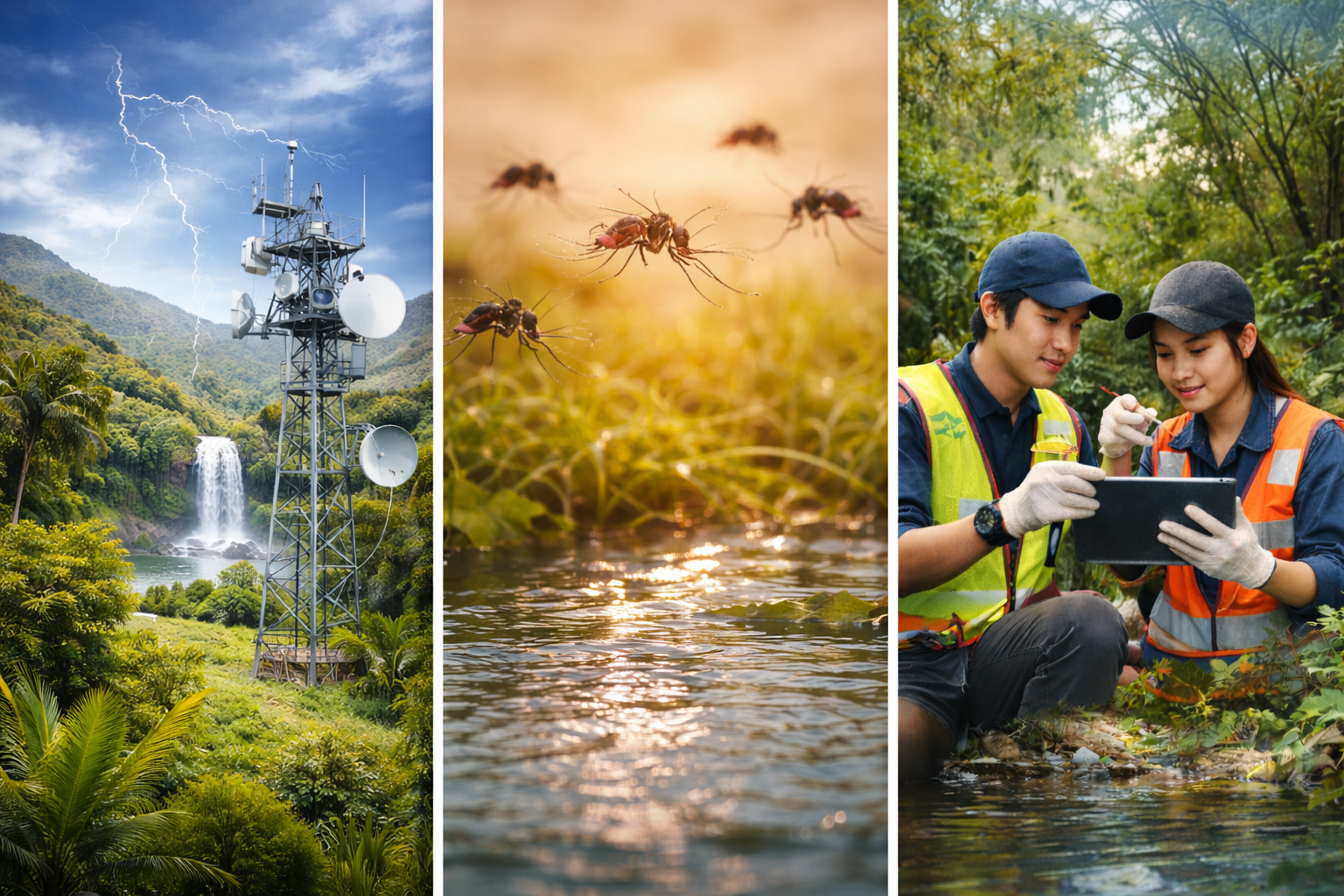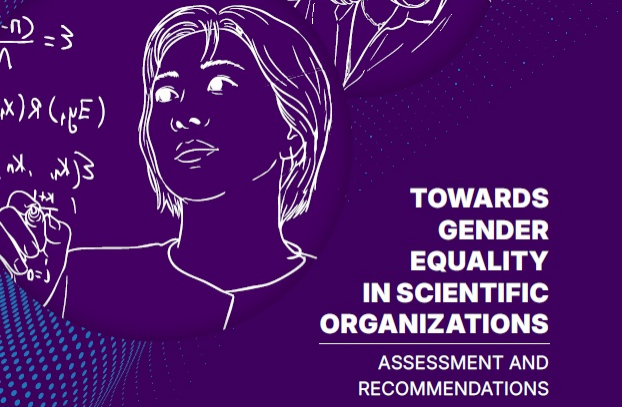DRR Practice from IRDR Young Scientists to close the gap between S&T at local level
19 May 2022
ISC and IRDR co-published a policy brief Closing the Gap between Science and Practice at Local Levels to Accelerate Disaster Risk Reduction and will be presented at 2022 Global Platform for Disaster Risk Reduction in Bali, Indonesia. As many of IRDR young scientists have worked closely with local government and local communities to provide scientific and technical support to improving the local resilience, IRDR invites them to share their stories and experiences. Due to the space limitations, not all cases can be selected in this policy brief. Thus, IRDR would like to present all the cases here briefly with key messages.
If you are interested with these cases, please contact with IRDR for more information at connect@irdrinternal.org
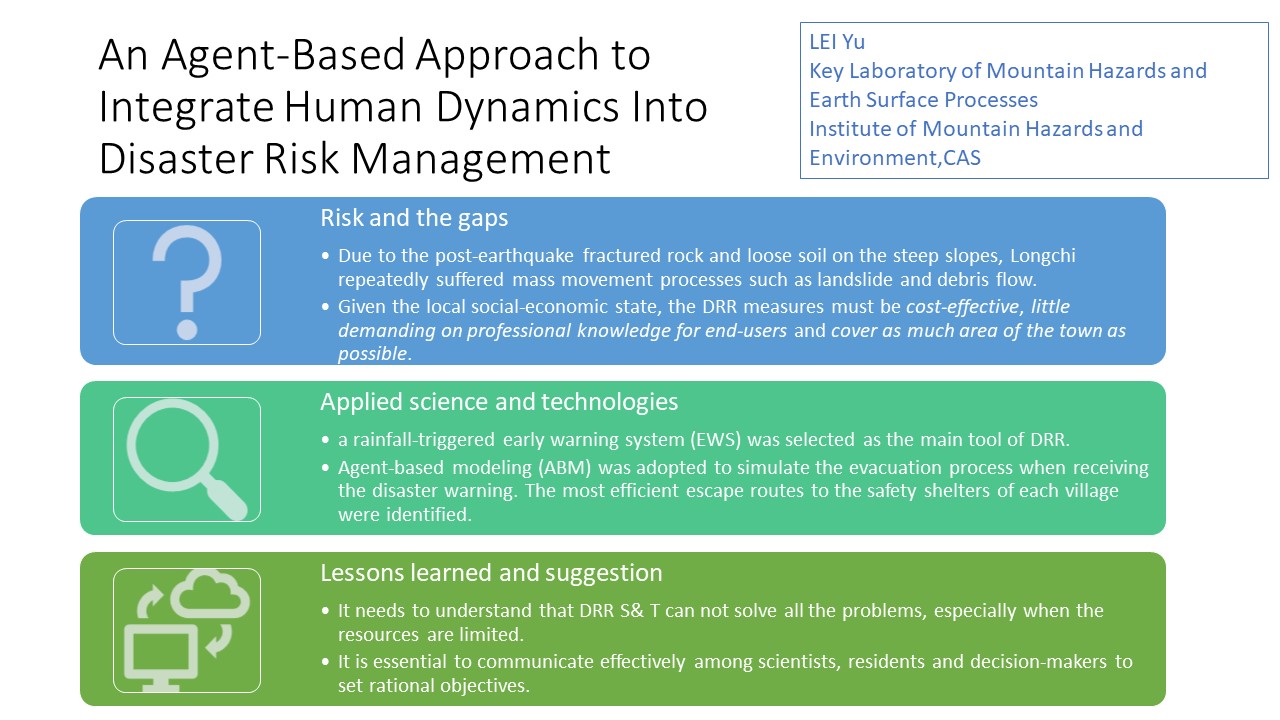
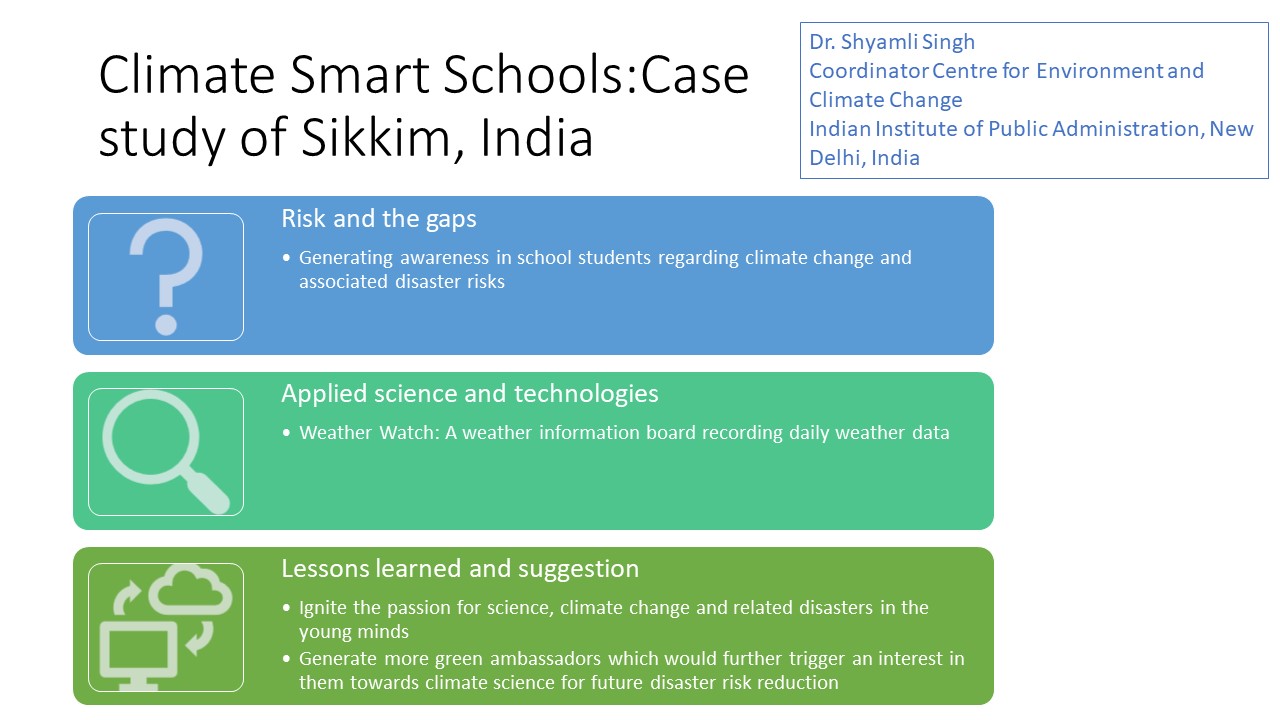
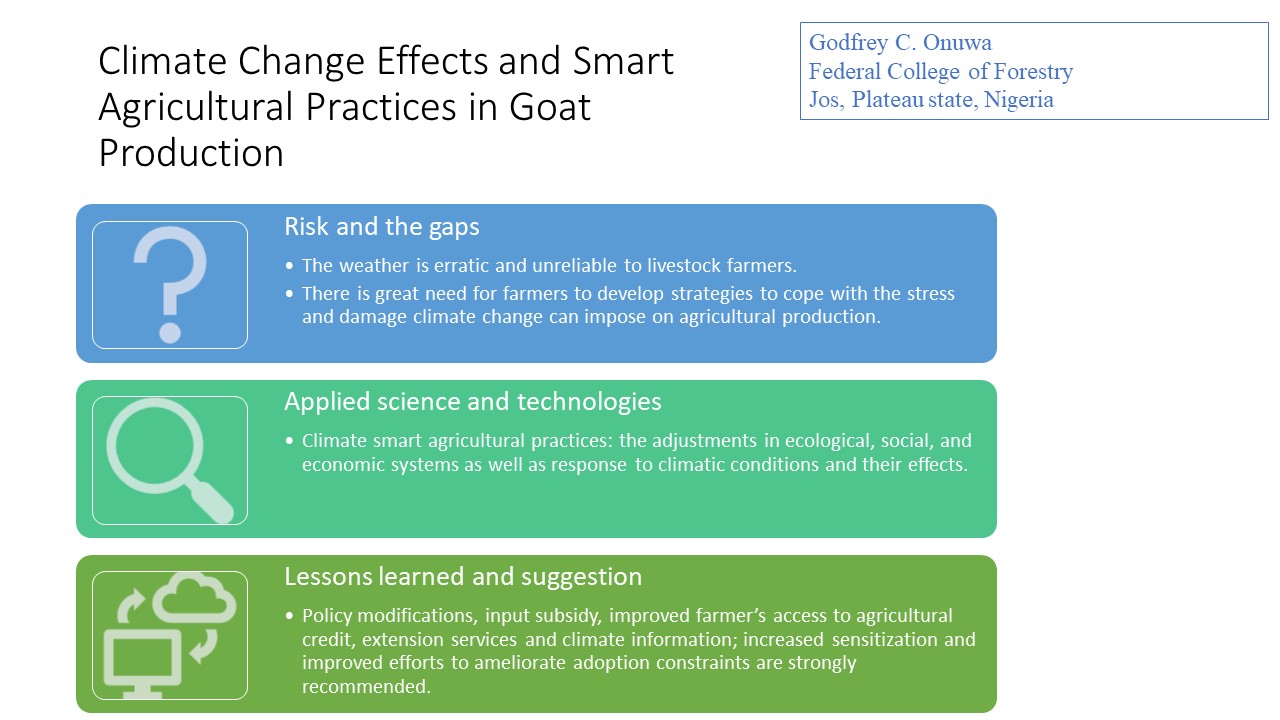
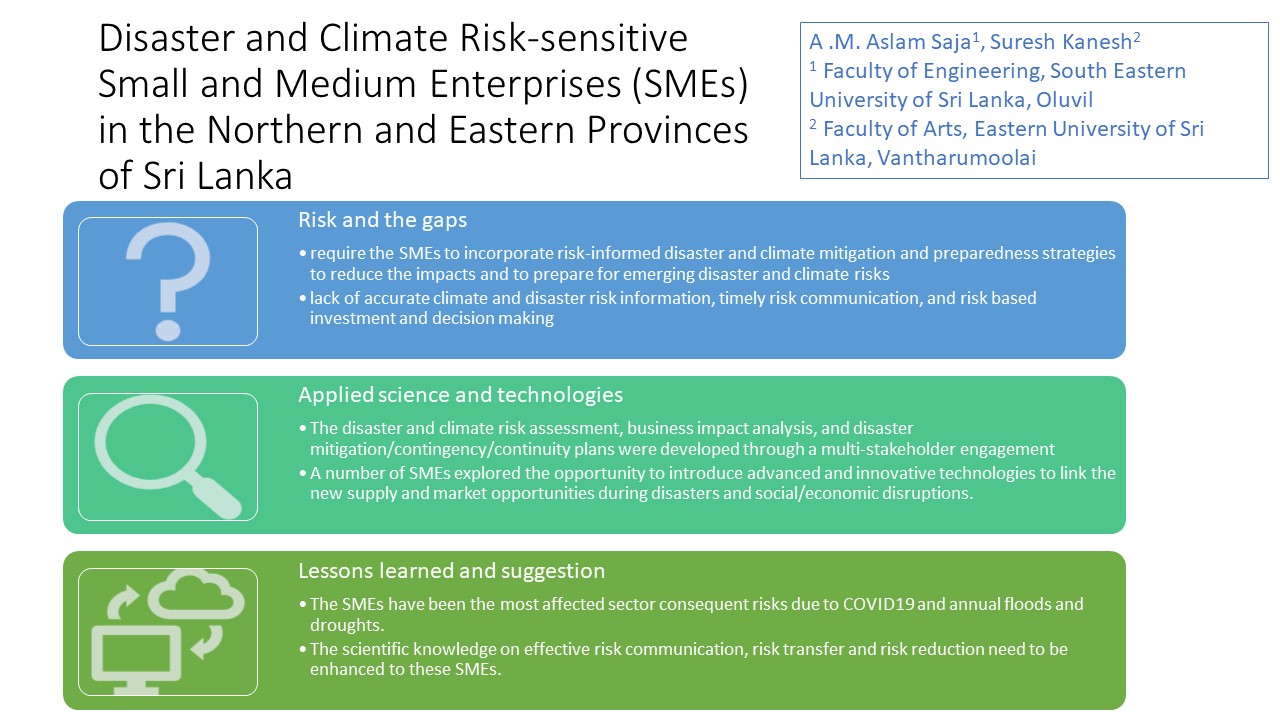
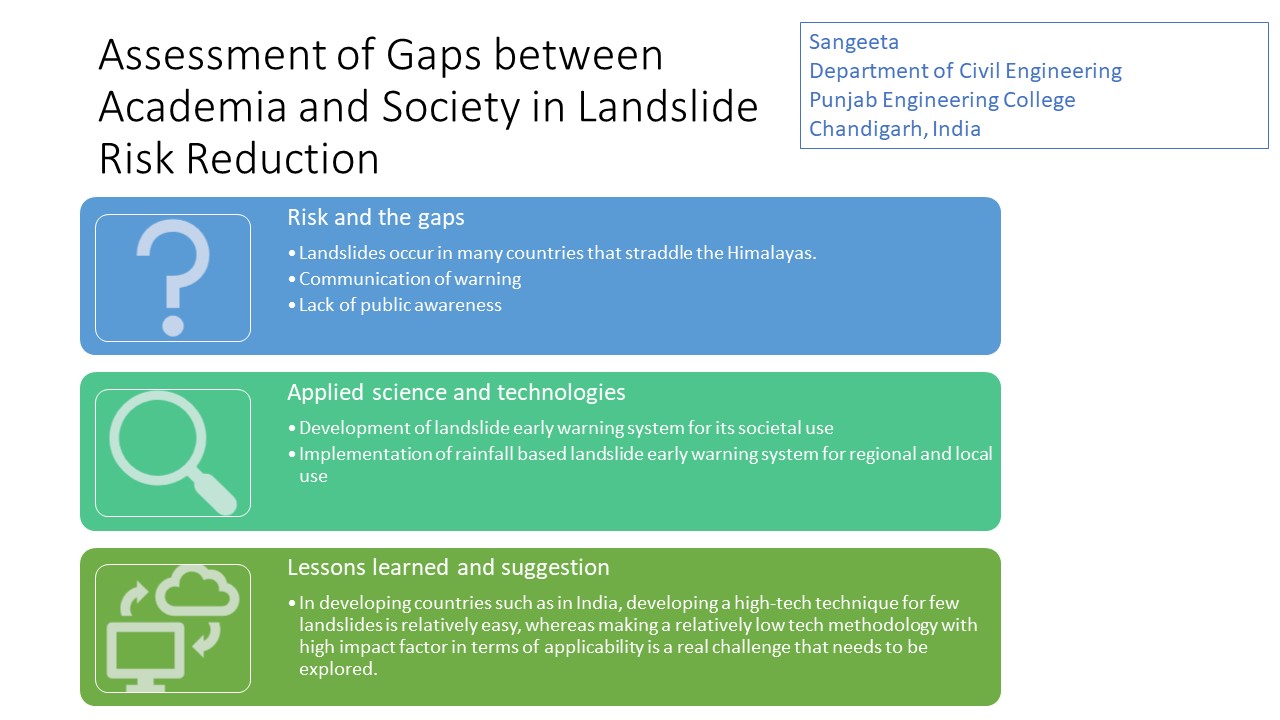
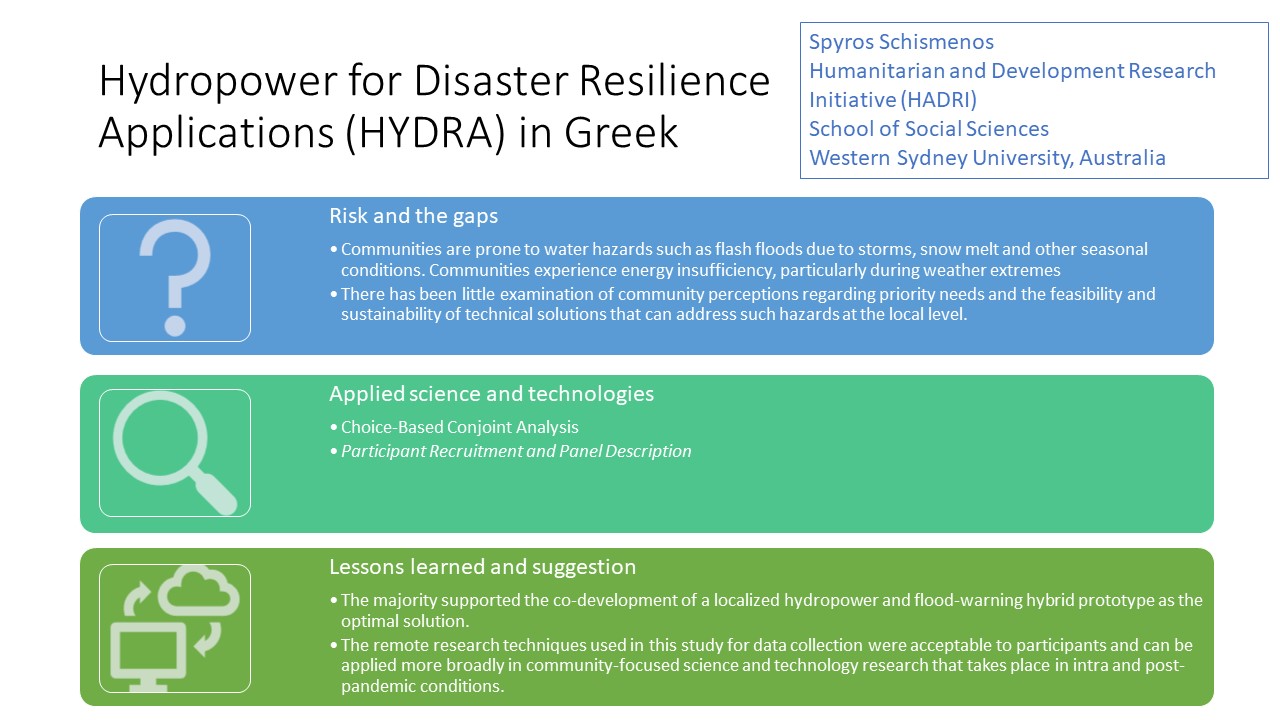
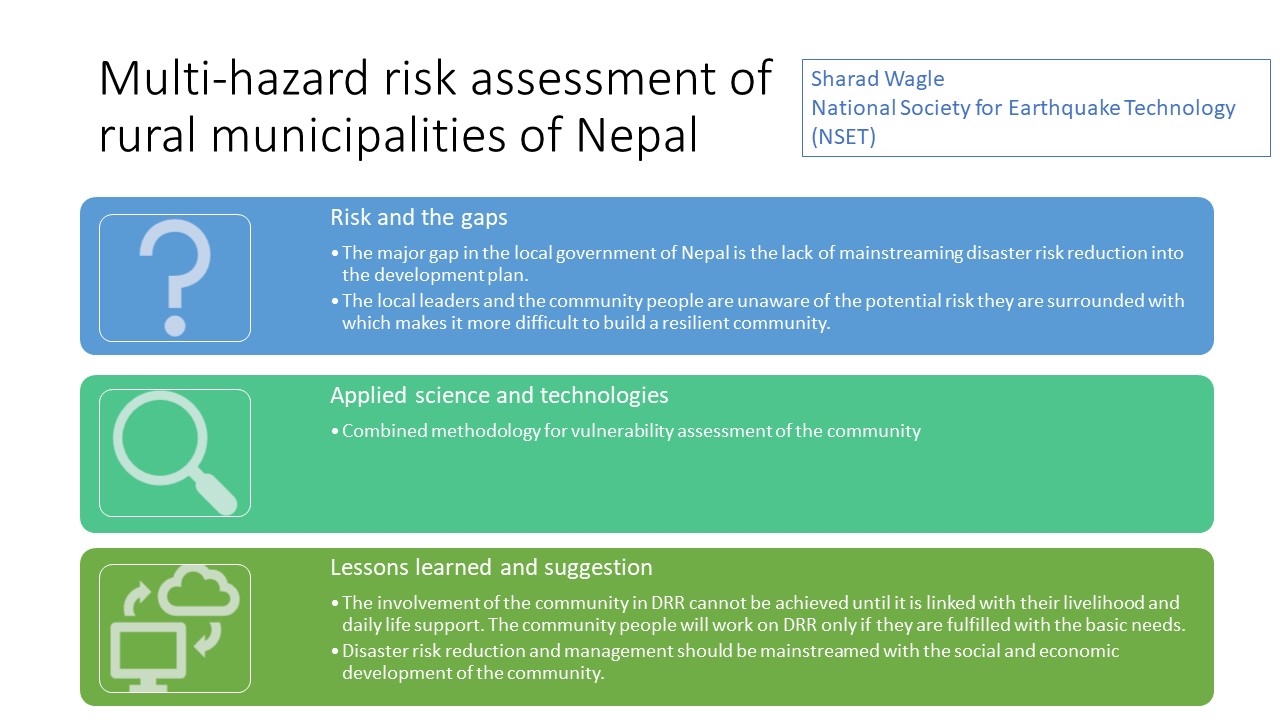
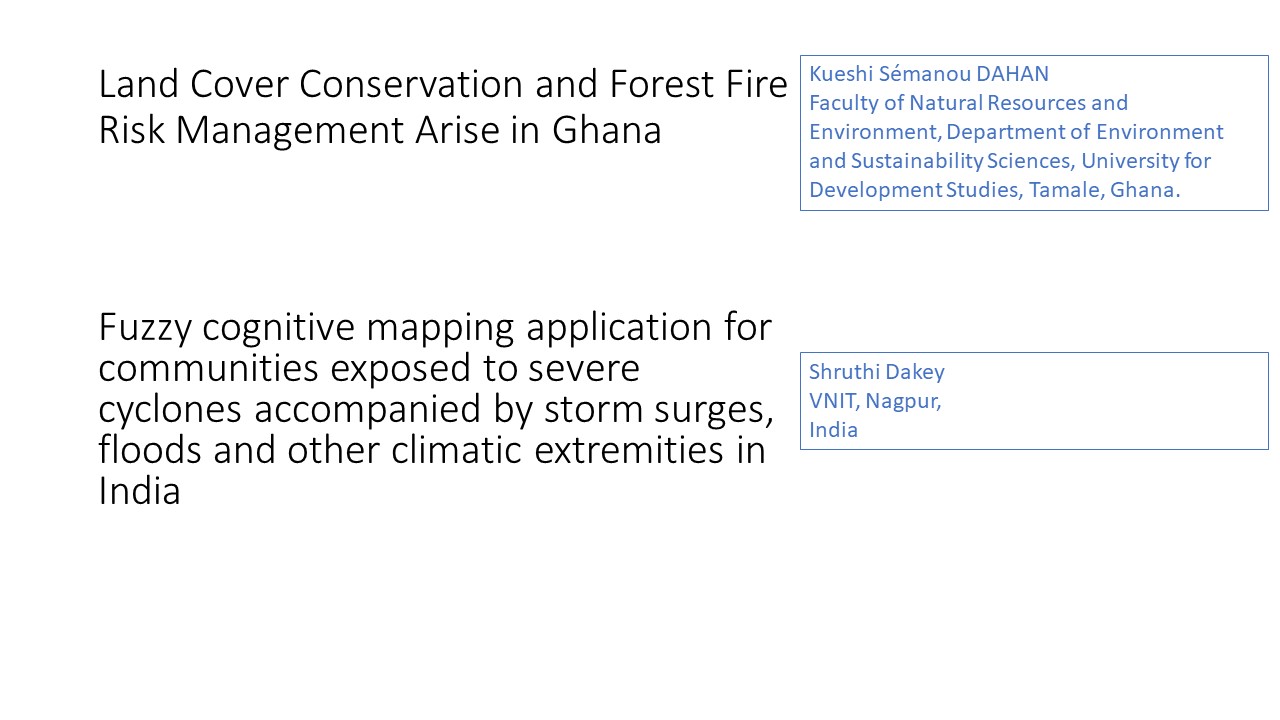
Related News & Events
13 February 2026
With the evaluation scores, comments and the availability of IPO budget, IRDR IPO is pleased to annouce the evaluation results of 2025 IRDR Pilot Study Application.
13 February 2026
IRDR will organize the 4th IRDR Young Scientists Lumos "Indigenous Knowledge for DRR – Bridging Wisdom and Innovation" on 4 March 2026. The deadline of applying for presentation is 23 Feb 2026.
12 February 2026
SC launched a gender equality report on 11 Feb 2026, finding slow, uneven progress for women in scientific orgs and proposing institutional reforms. IRDR’s REACT project (2025-2027) in Greece’s Skiathos boosts local climate resilience with community-driven DRR, offering global lessons.
